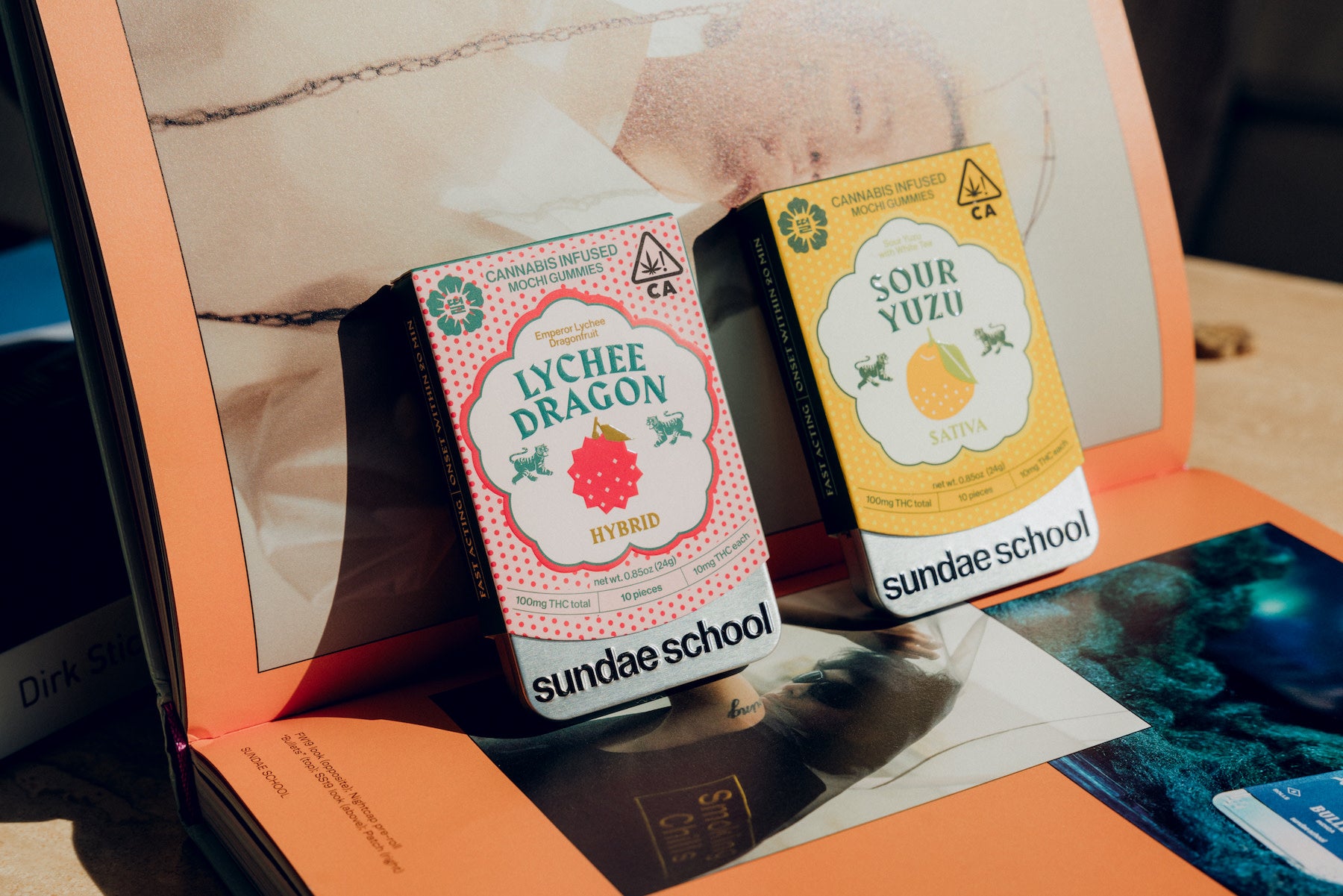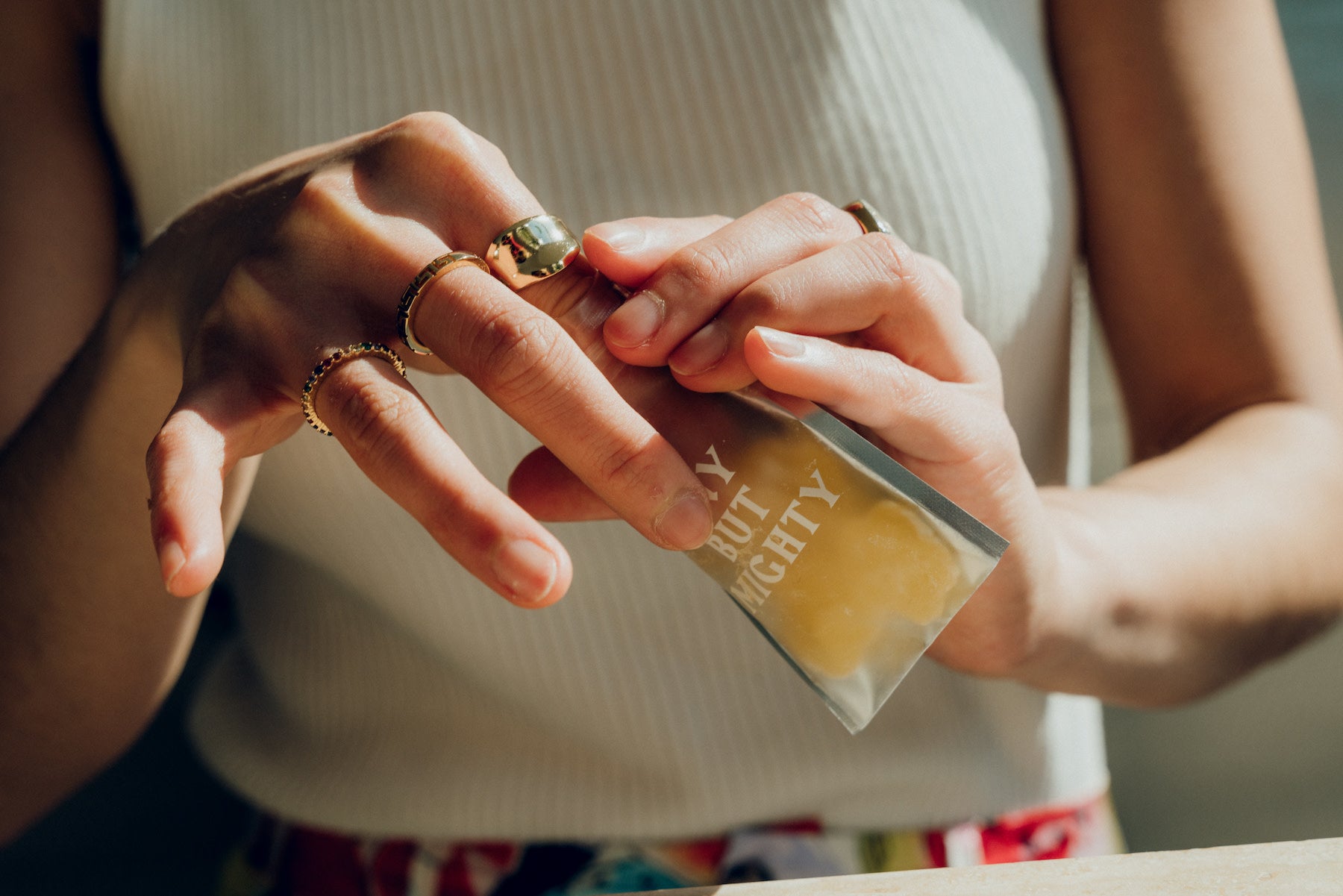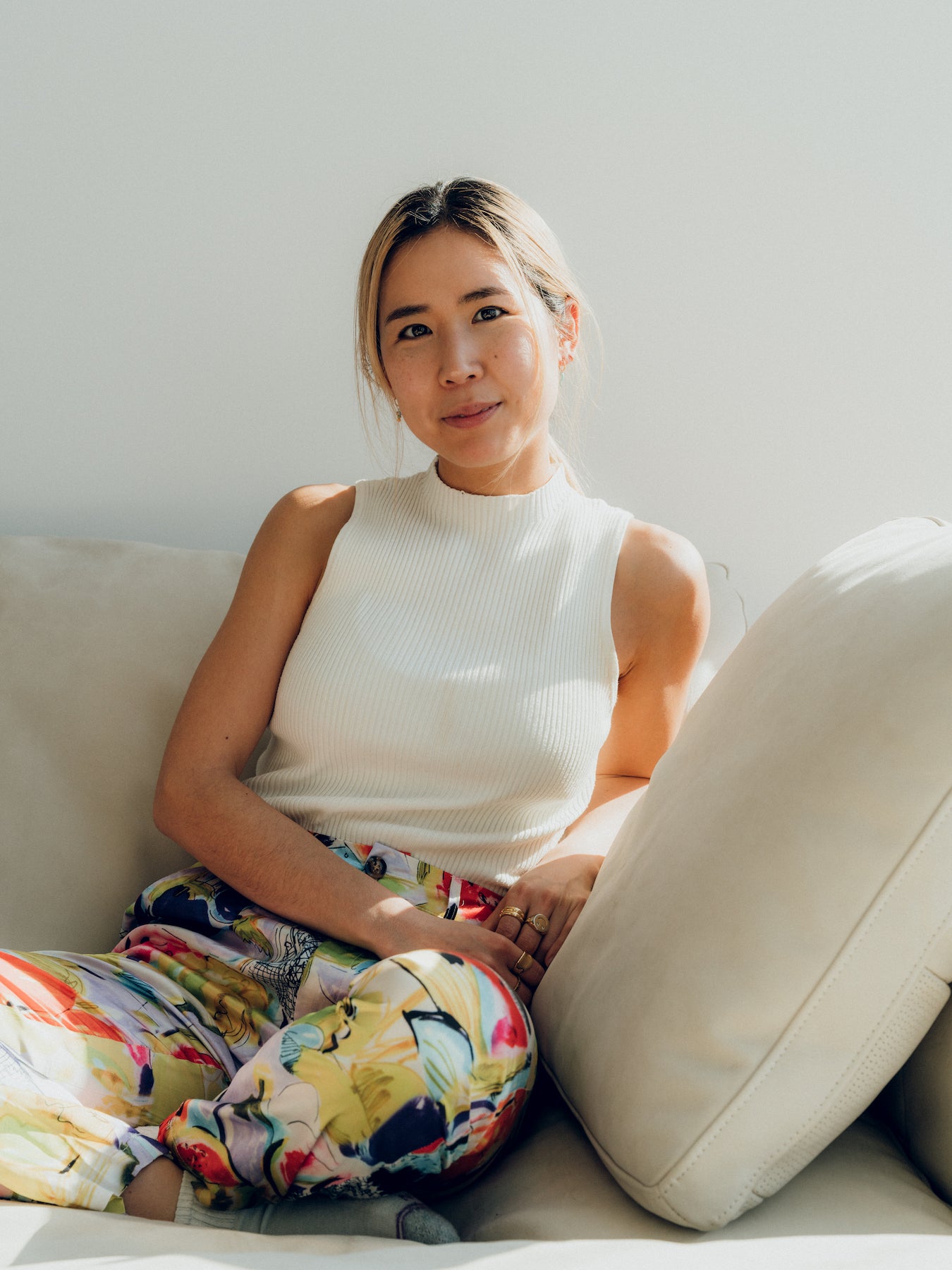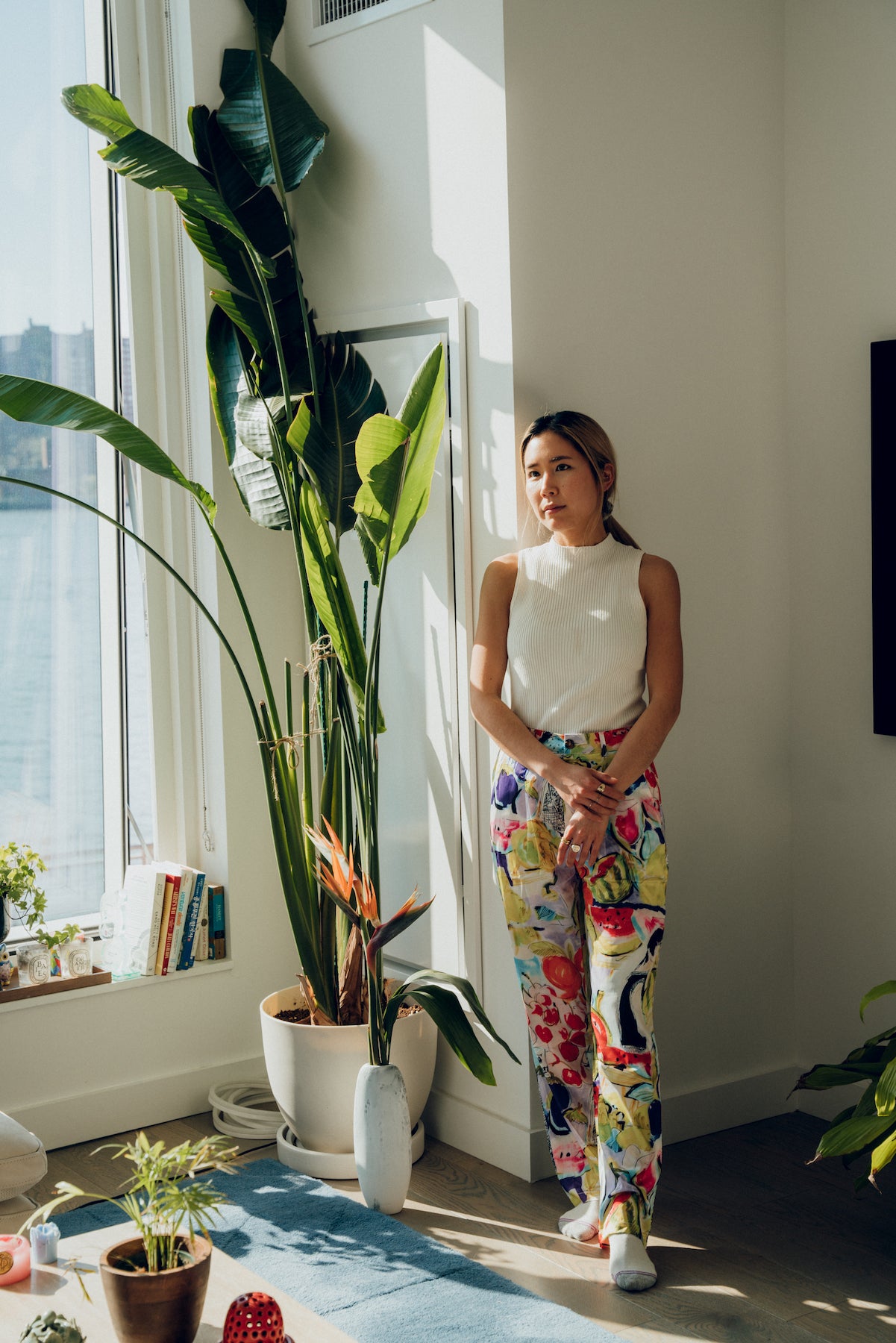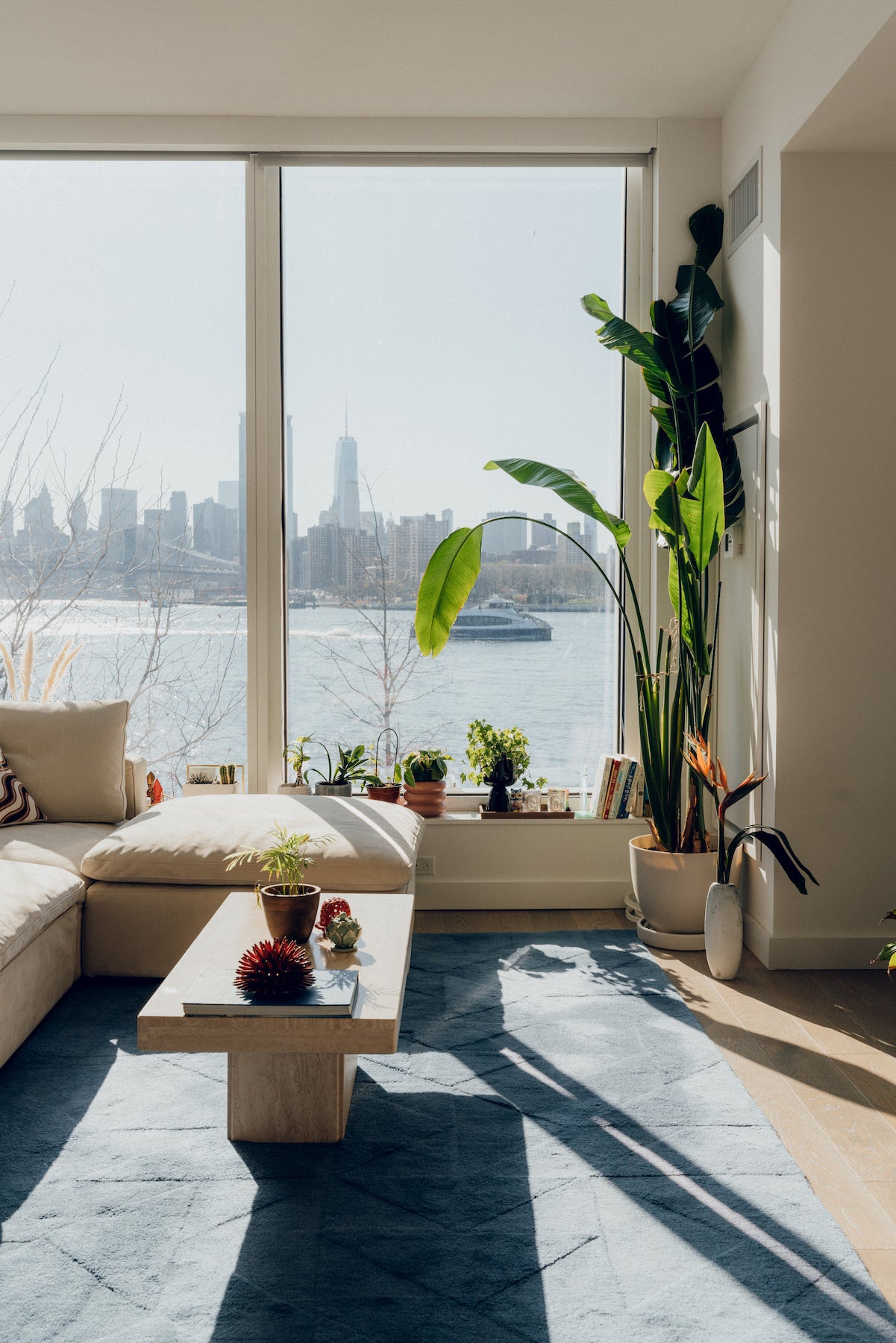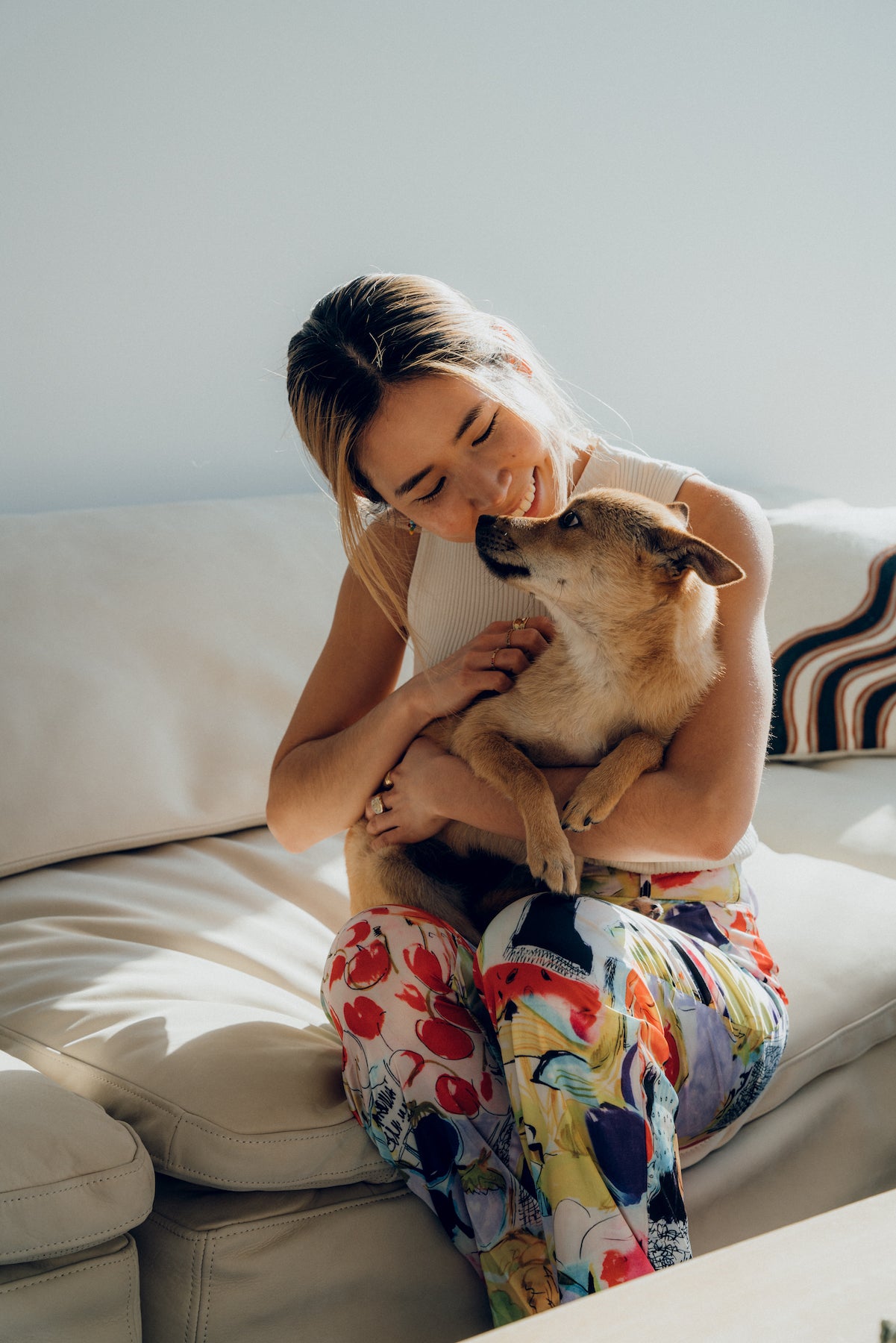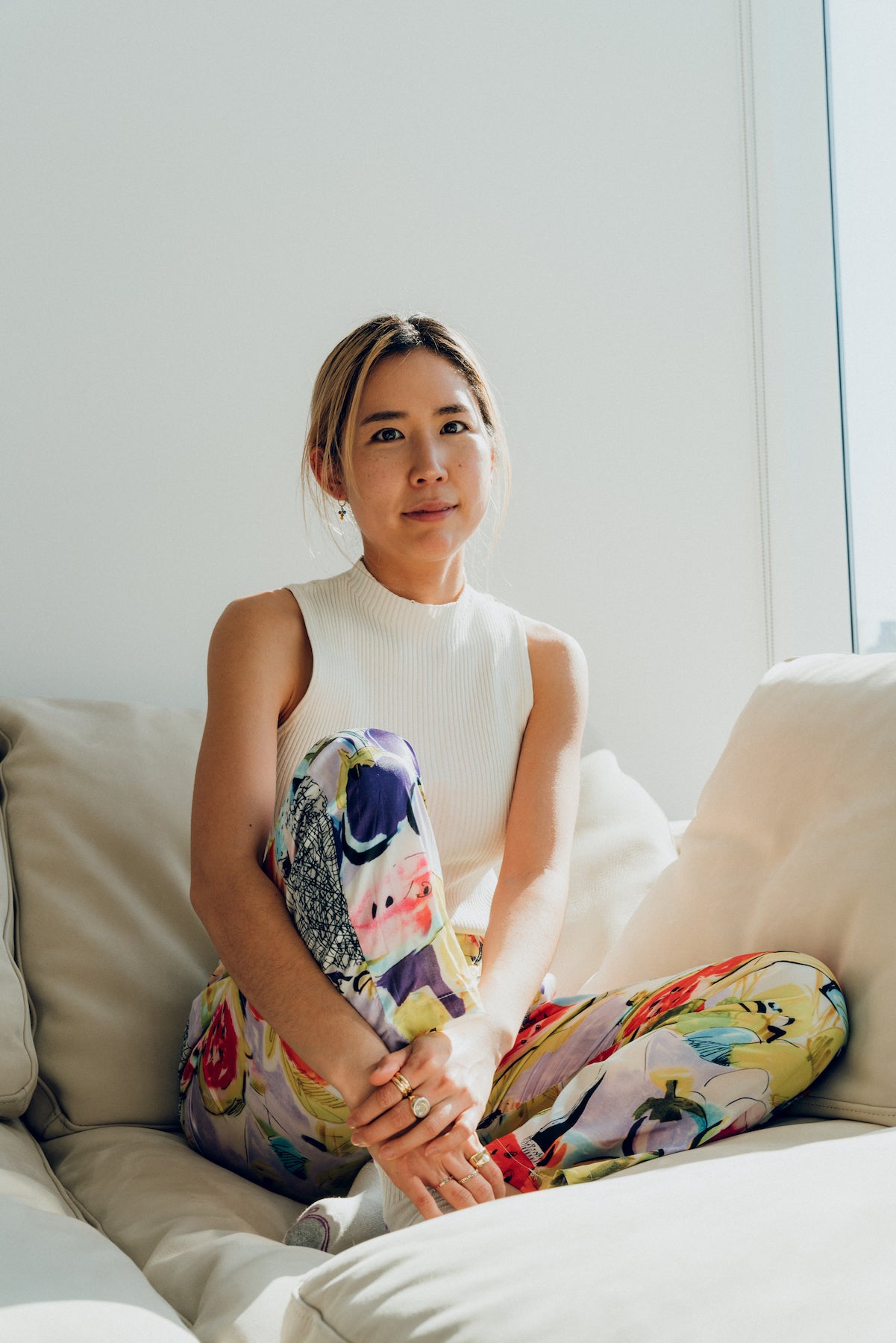
The Sundae School co-founder on representation in cannabis, storytelling through fashion, and smoking with intention.
AS TOLD TO GOSSAMER
I am so proud that I’m from Korea. But that’s something that only developed at a later stage of my life.
I grew up in Seoul until 12 or 13. I went through all the rigorous academies that the traditional Asian education provides—you know, with the tiger mom, tiger dad. But my parents also had a very open-minded and forward-thinking mindset. They wanted me to be able to play on a bigger field. The three of us mutually decided that I would spend my high school years in America. I came here by myself, and I was the first person within my extended family to ever live in a different country. Boarding school was a very new experience for me. It was the early 2000s, and there wasn’t much of an Asian presence in suburban Pennsylvania.
I think it also gave me a different perspective: I was able to become as creative and as athletic as I wanted to be. Sports isn’t something that a typical Korean education puts much emphasis on. Having a high school education in America was a nurturing ground for me.

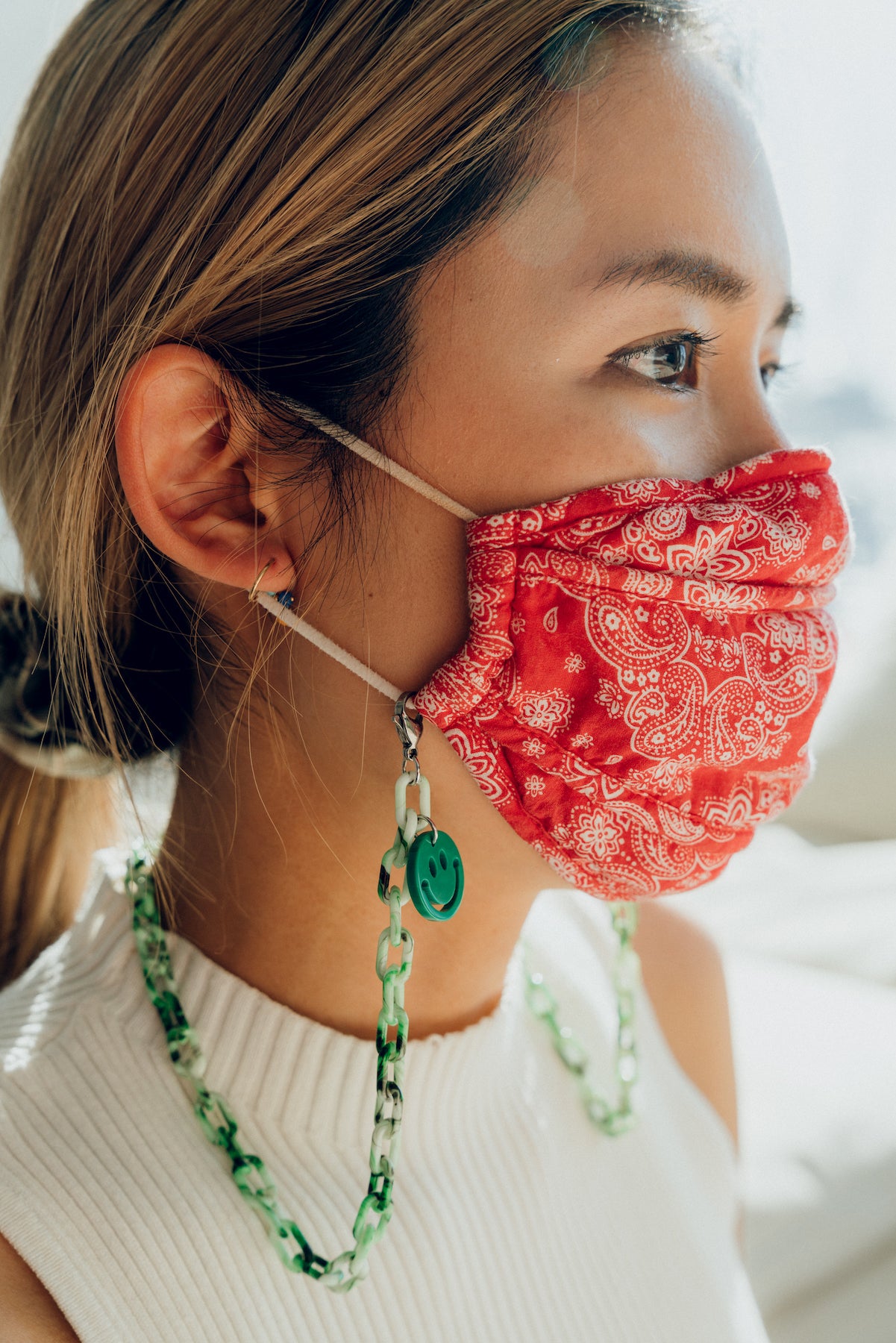
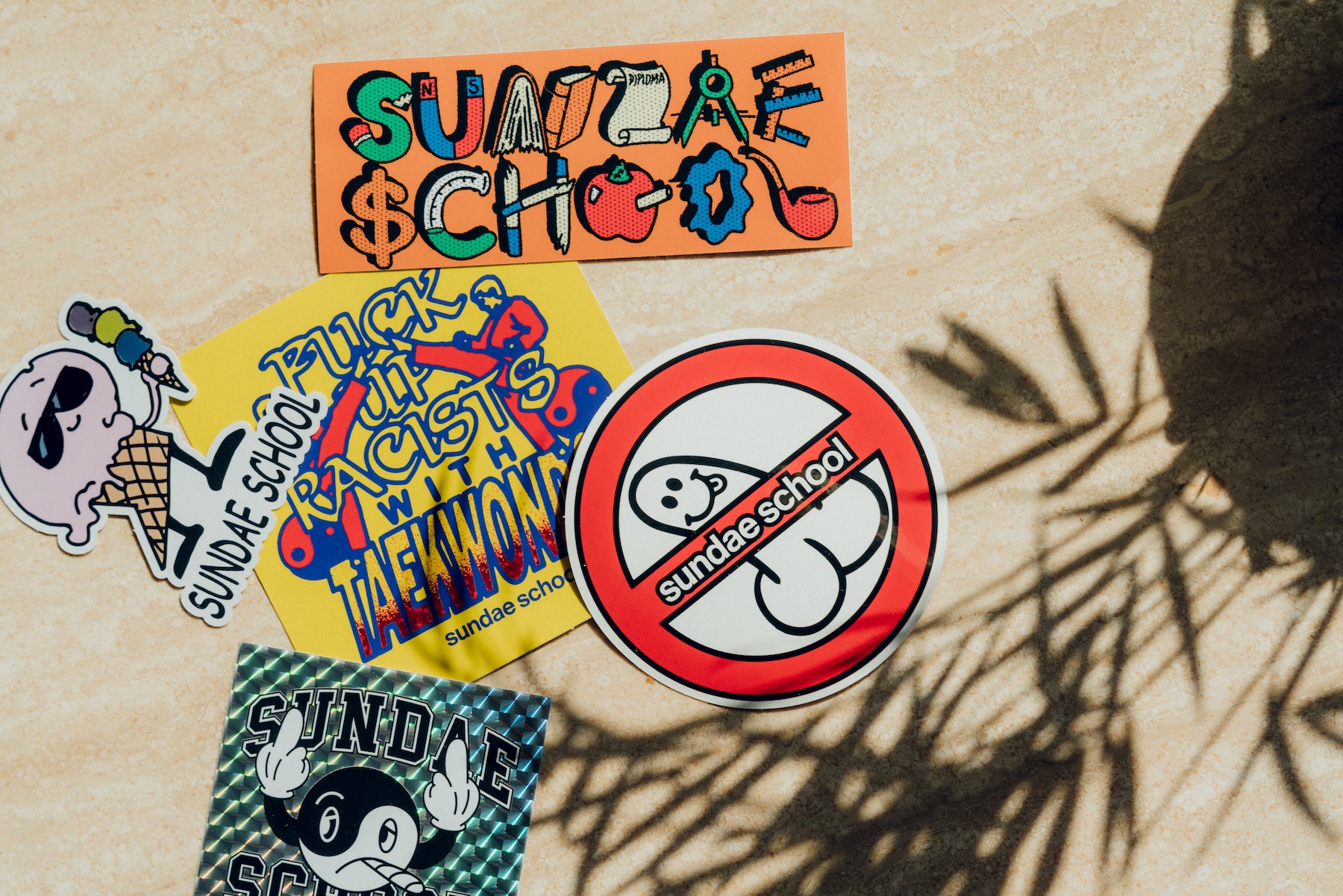
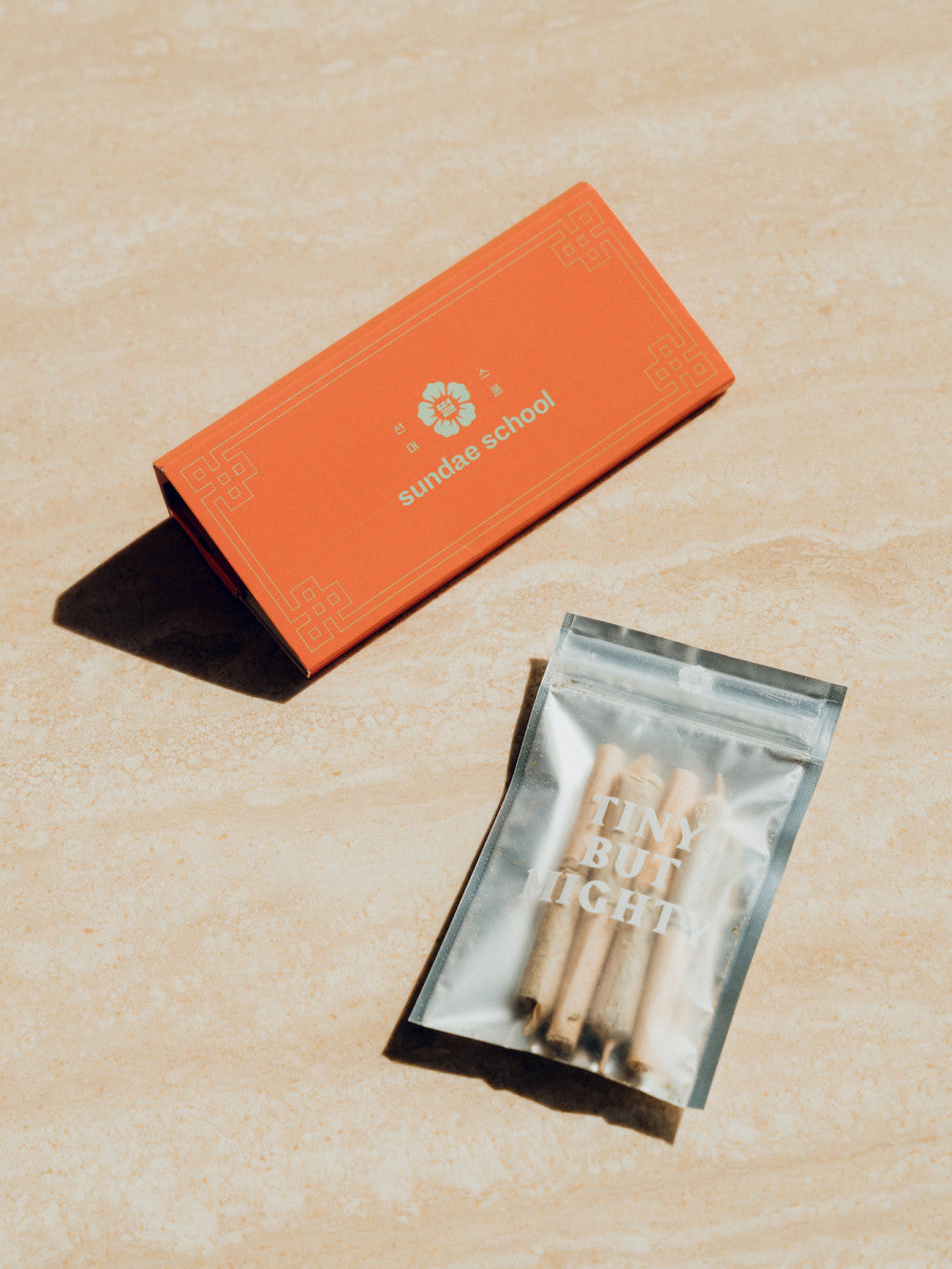
Smoking became a part of our ritual as we worked on Sundae School over those weekends.
